Shabbat Gathering: Reciting Psalm 27.
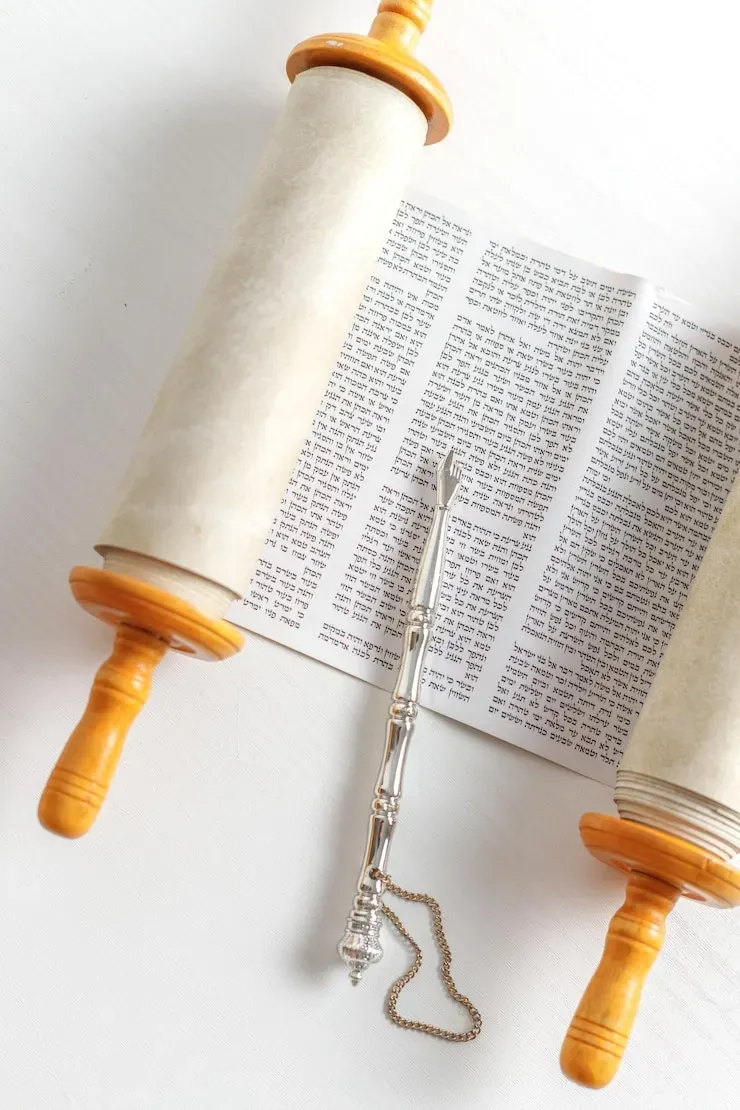
Gud Shabbos Khaveyrim, as is our custom, we will gather tonight at 5.45p ct to welcome Shabbat. These are the coordinates:
Zoom
Meeting ID: 883 8469 4181
Password: 822665
Phone: +1 312 626 6799
(To unsubscribe from the newsletter, click the link at the very bottom of this email.)
Here we go.
In the world of Judaism, 200 years isn’t that long of time. And it was two hundred years ago, a High Holy Day tradition started I’m sharing with you today. Some people, from the beginning of the Jewish month of Elul to the end of Sukkot (October 13 this year), read Psalm 27 twice a day.
Psalm 27 is a bit of a collage. The first part of the Psalm is a happy poem about how Hashem is so good to us and protects us and loves us. The first six verses are full of assurances that Hashem is taking care of us. The writer feels protected and loved. Then, at verse seven, the Psalm dramatically changes. It describes someone in danger, in pain, under attack, and in need of Hashem’s mercy. The writer is alone and afraid and feeling abandoned. All in one poem.
I think this is very much in keeping with the emotional roller coaster of the High Holy Days. At Rosh Hashanah, we celebrate the new year and the creation of the world. Just like the secular new year, the occasion is filled with promise and hope. We wish each other a sweet new year. We feast and have a party.
Then comes Yom Kippur and the mood is dramatically different. We beg for mercy from Hashem and the people we’ve sinned against. We are, according to some beliefs, literally begging for our lives.
Psalm 27 reminds us of change in tone and emphasis. We thank Hashem for our lives and then beg Hashem to spare us for another year.
Thinking about Psalm 27 altogether, I think it is a mature perspective because, even if we are confident in our faith, we have bad days, or more than just one bad day. There are times when I feel the warm comfort of the Shekinah, the female manifestation of Hashem embracing me. Those are good days. Then, there’s the “dark night of the soul.” I’ve had my fair share of those dark days, and I plead for release from the pain and fear.
I’m approaching the High Holy Days with a mixture of joy and concern. I’m looking forward to a slice of honey cake with my friends. And I’m thinking about the annual unpleasantness of caffeine withdrawal on Yom Kippur. And I’m hoping to see you at services and catch up with you then.
And may it be for all of us a blessing.
See you tonight!
Mit vareme grusn,
(With warm regards,)
All my love,
brian.
PS

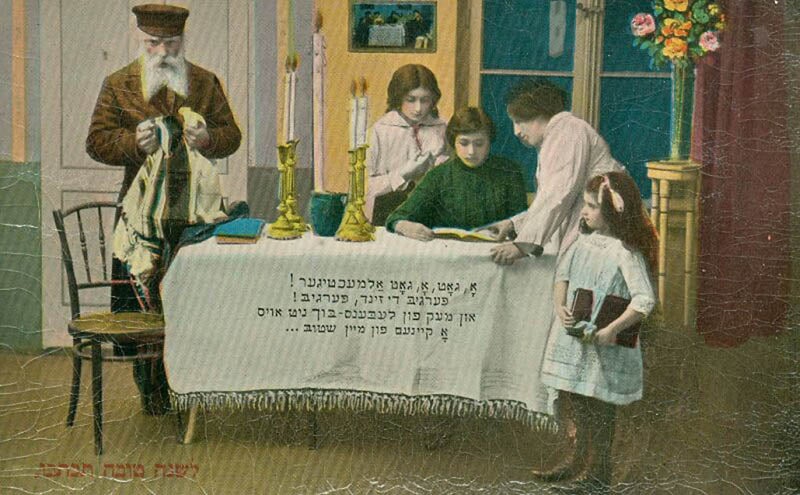
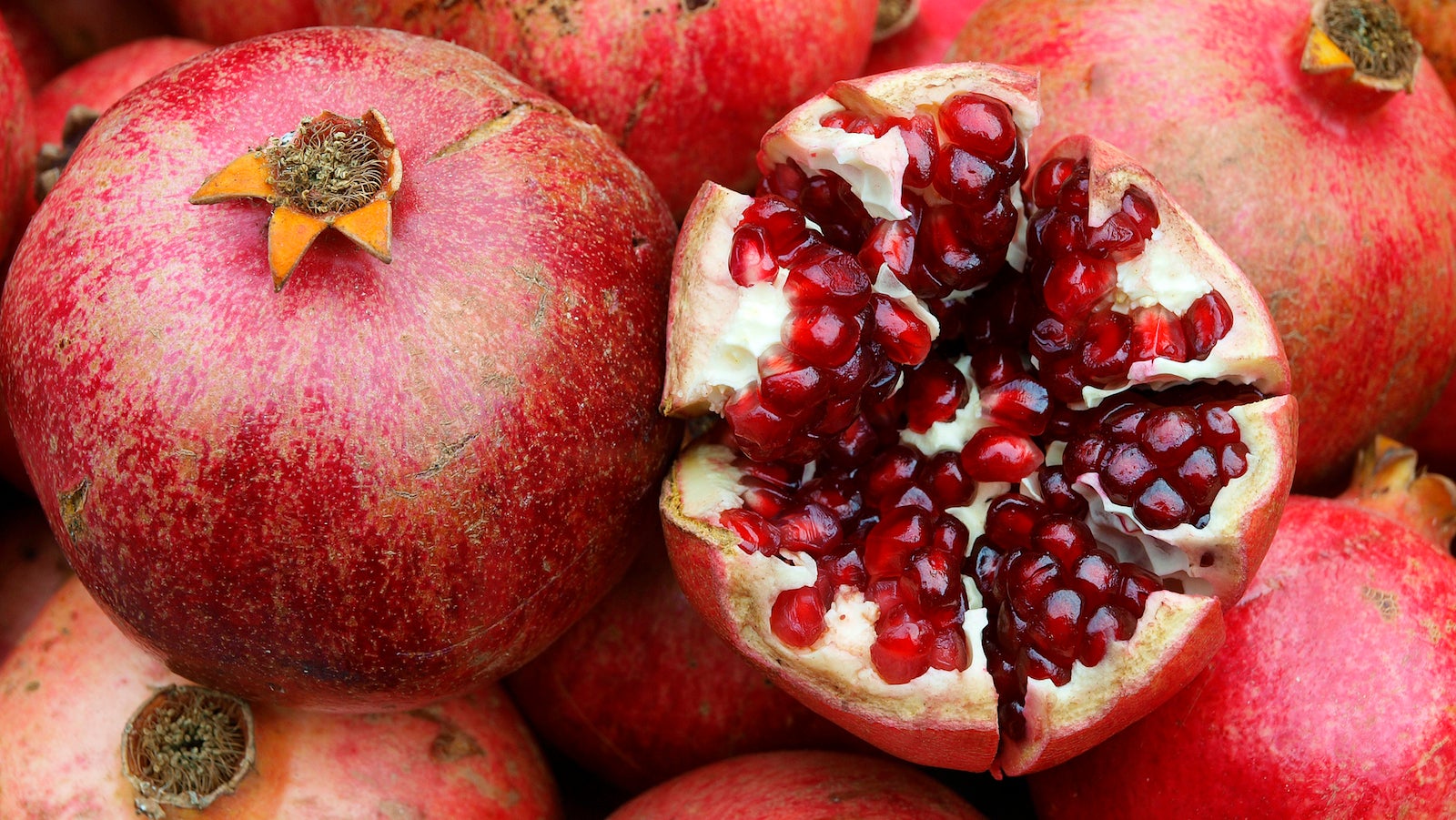

The following essay is by Rabbi Jill Hammer who led CSS's last Shabbaton.

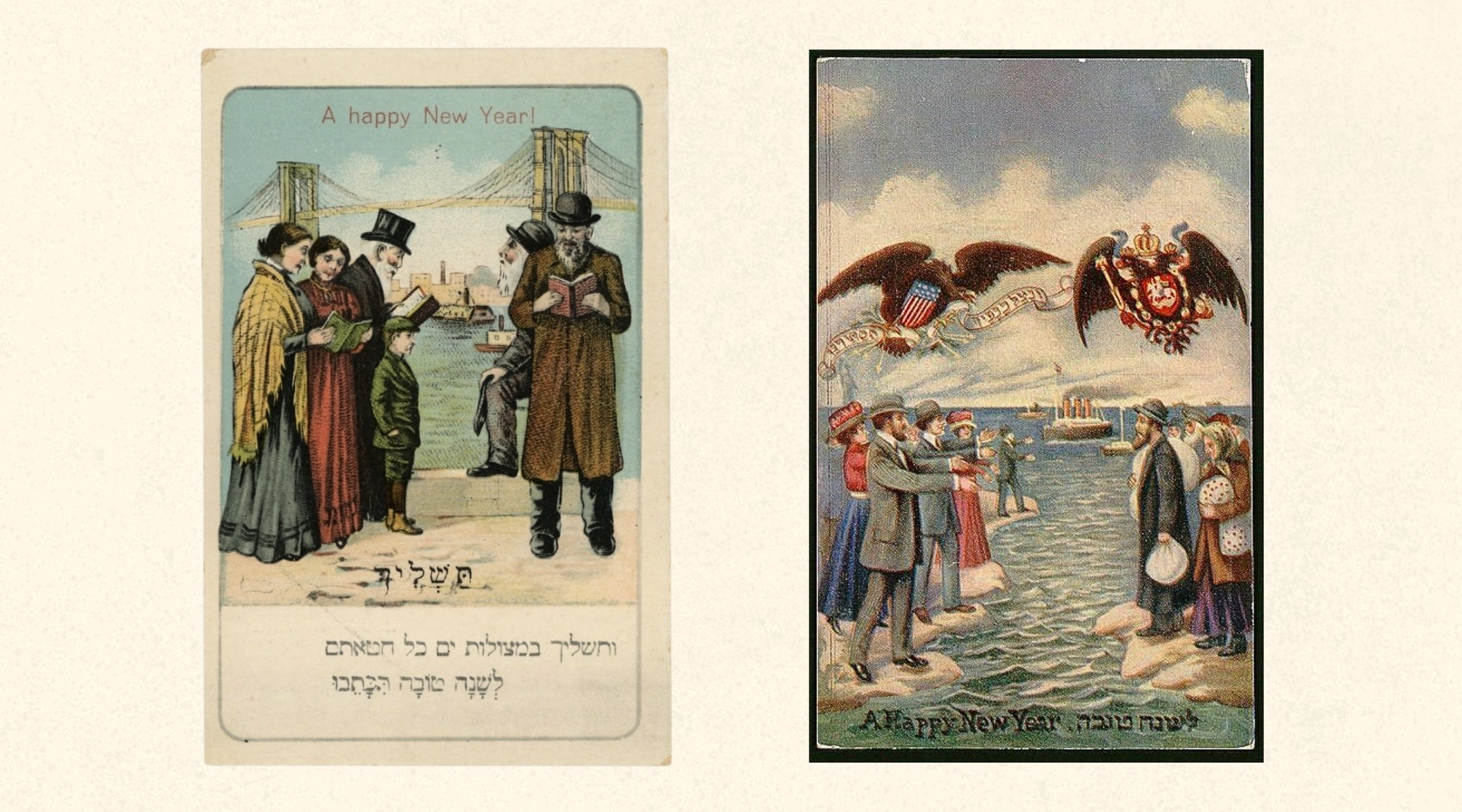
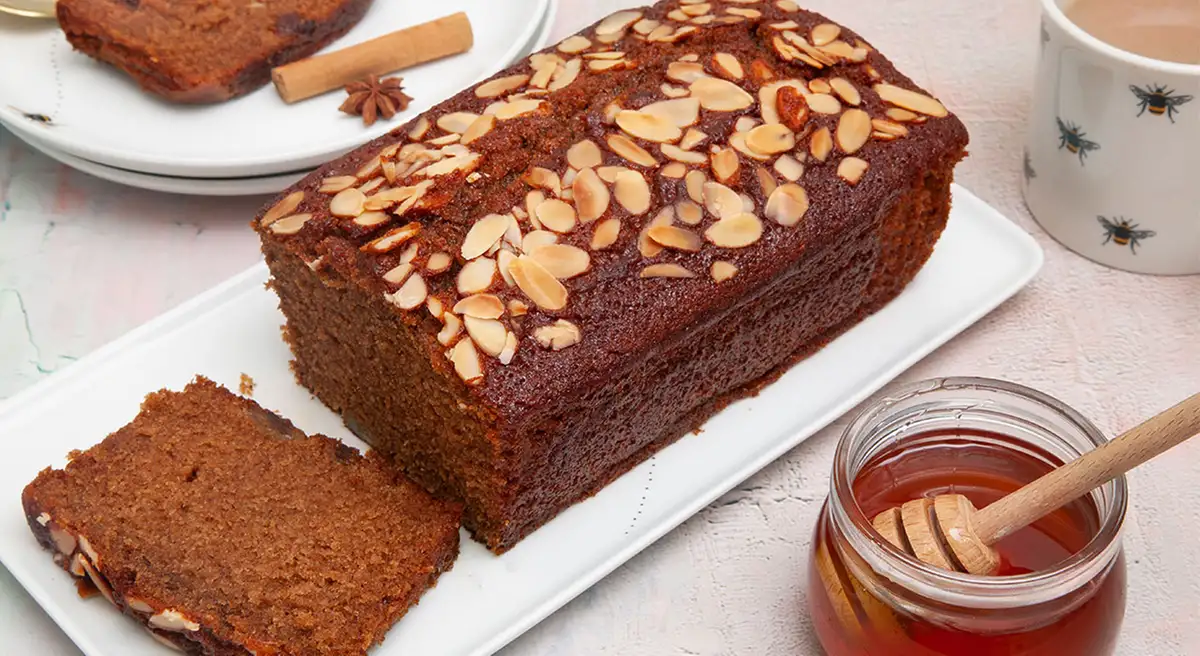
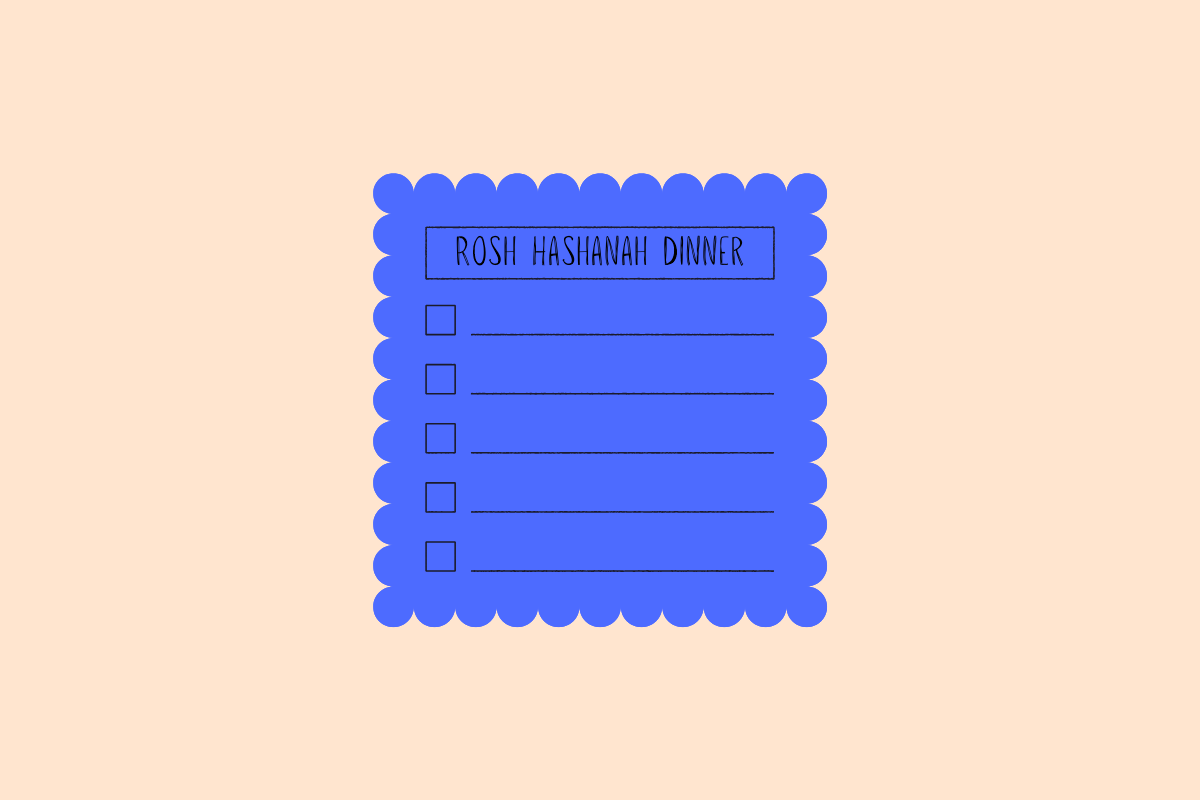
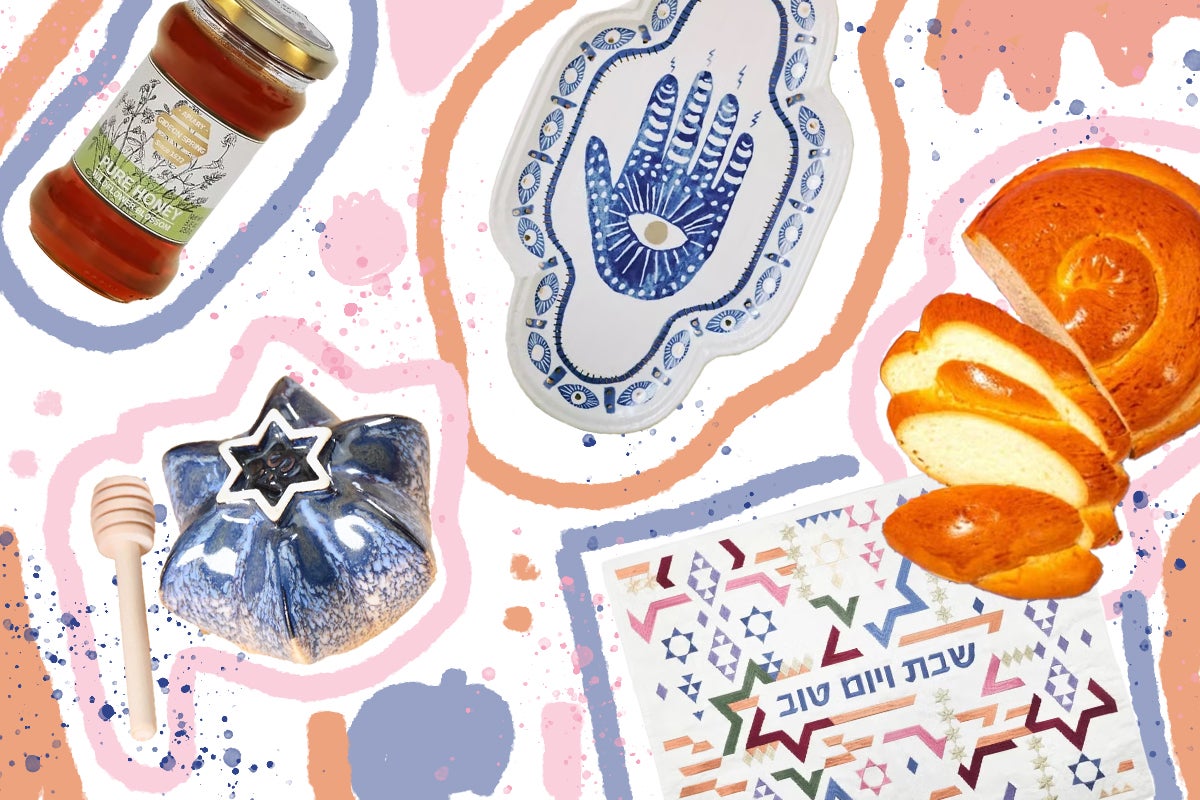
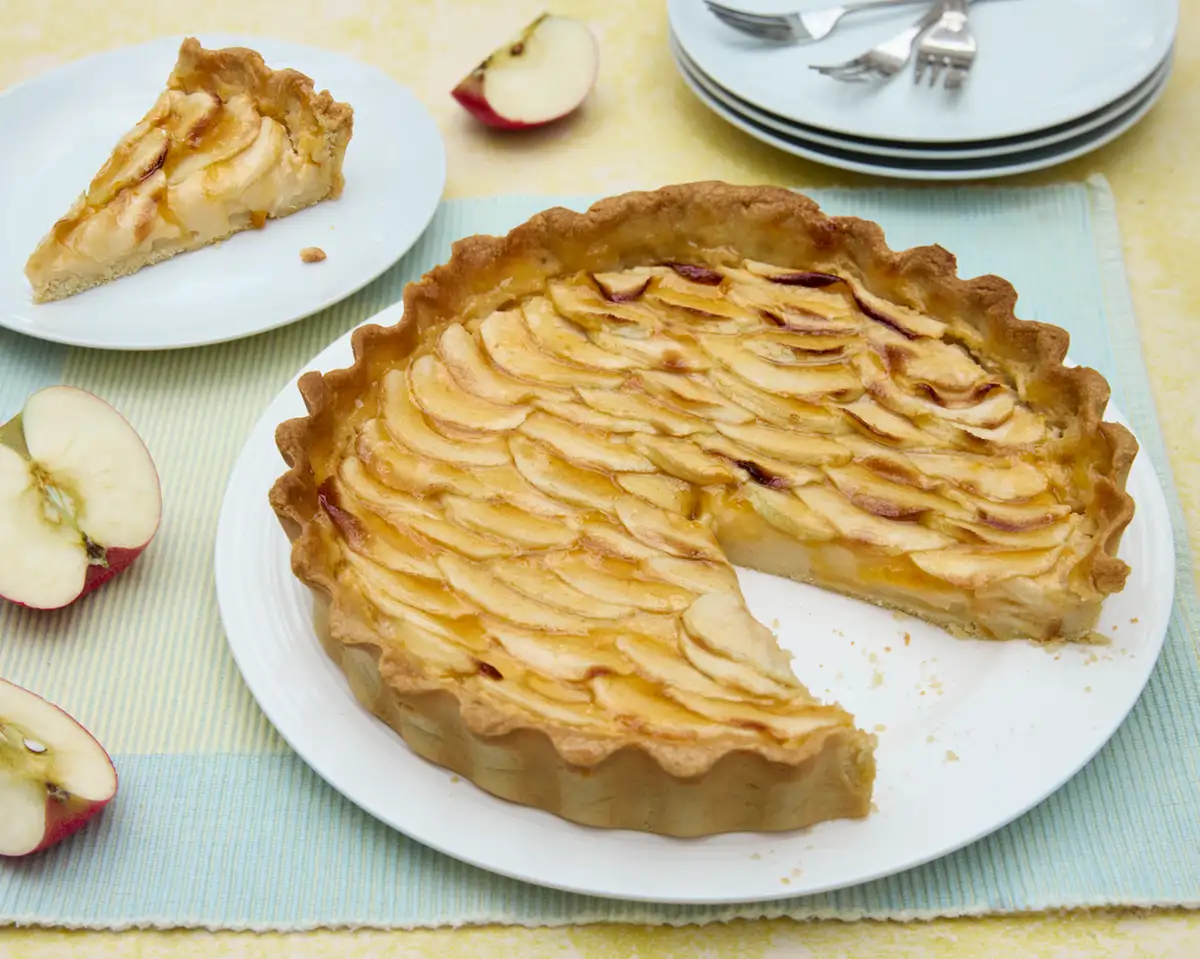
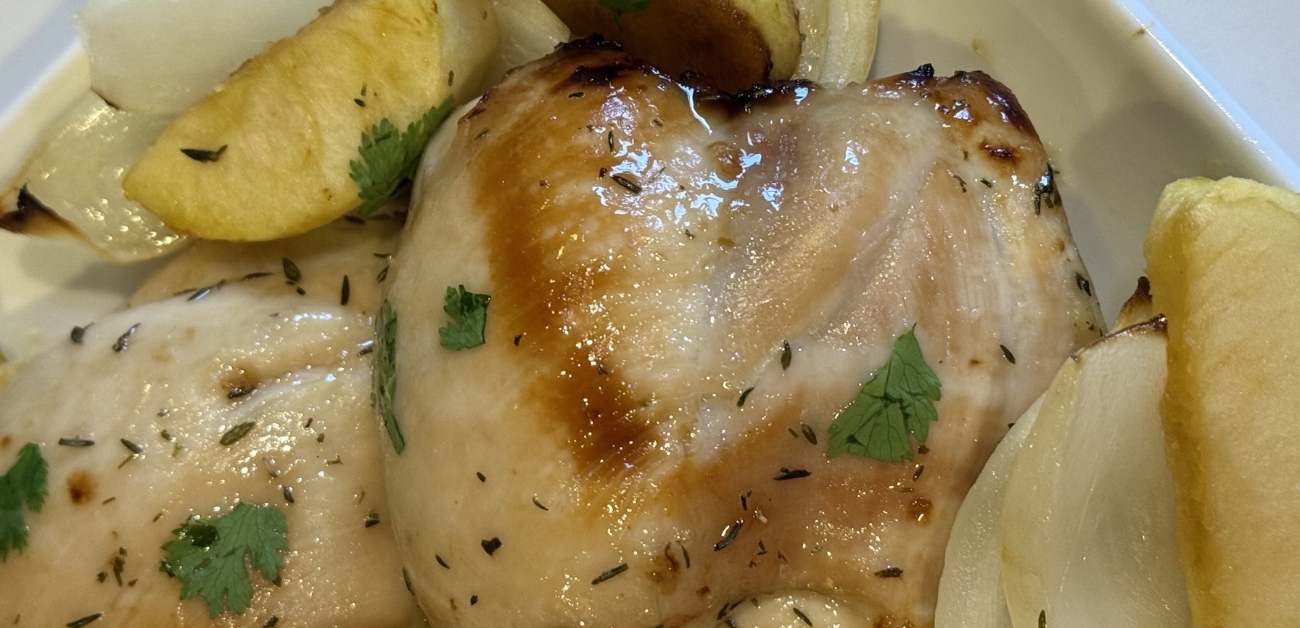
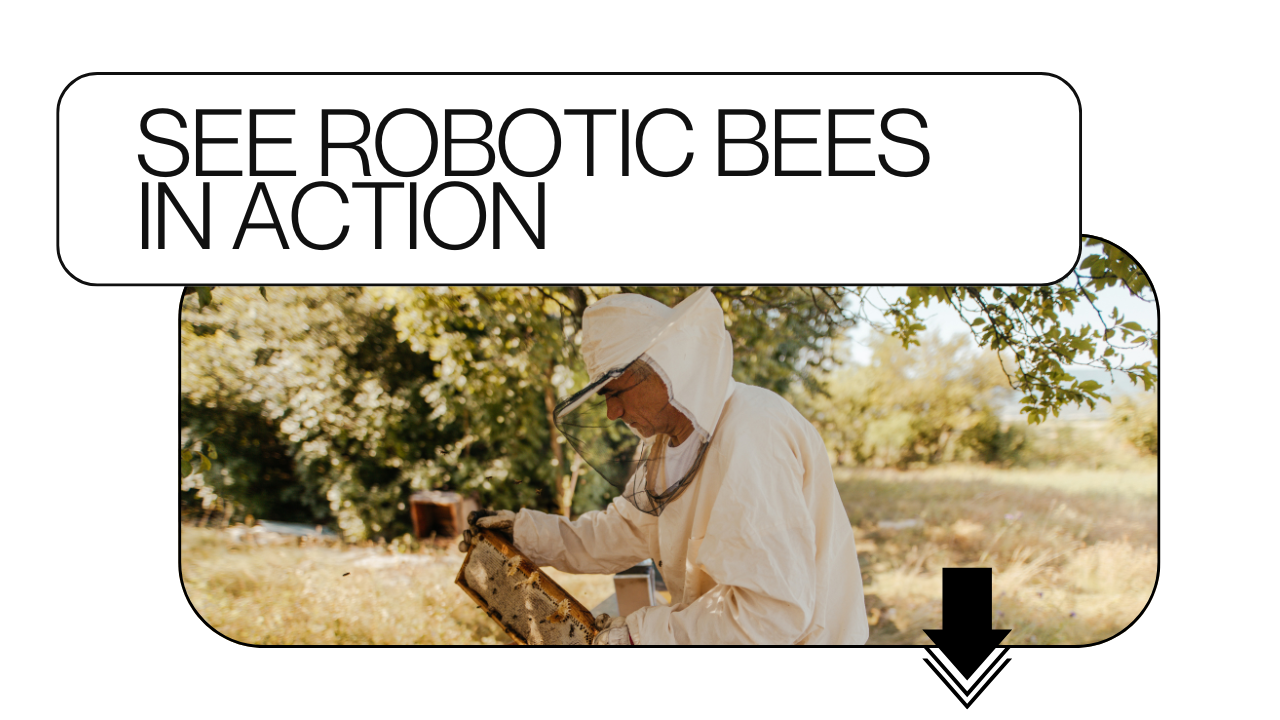
DuoYid
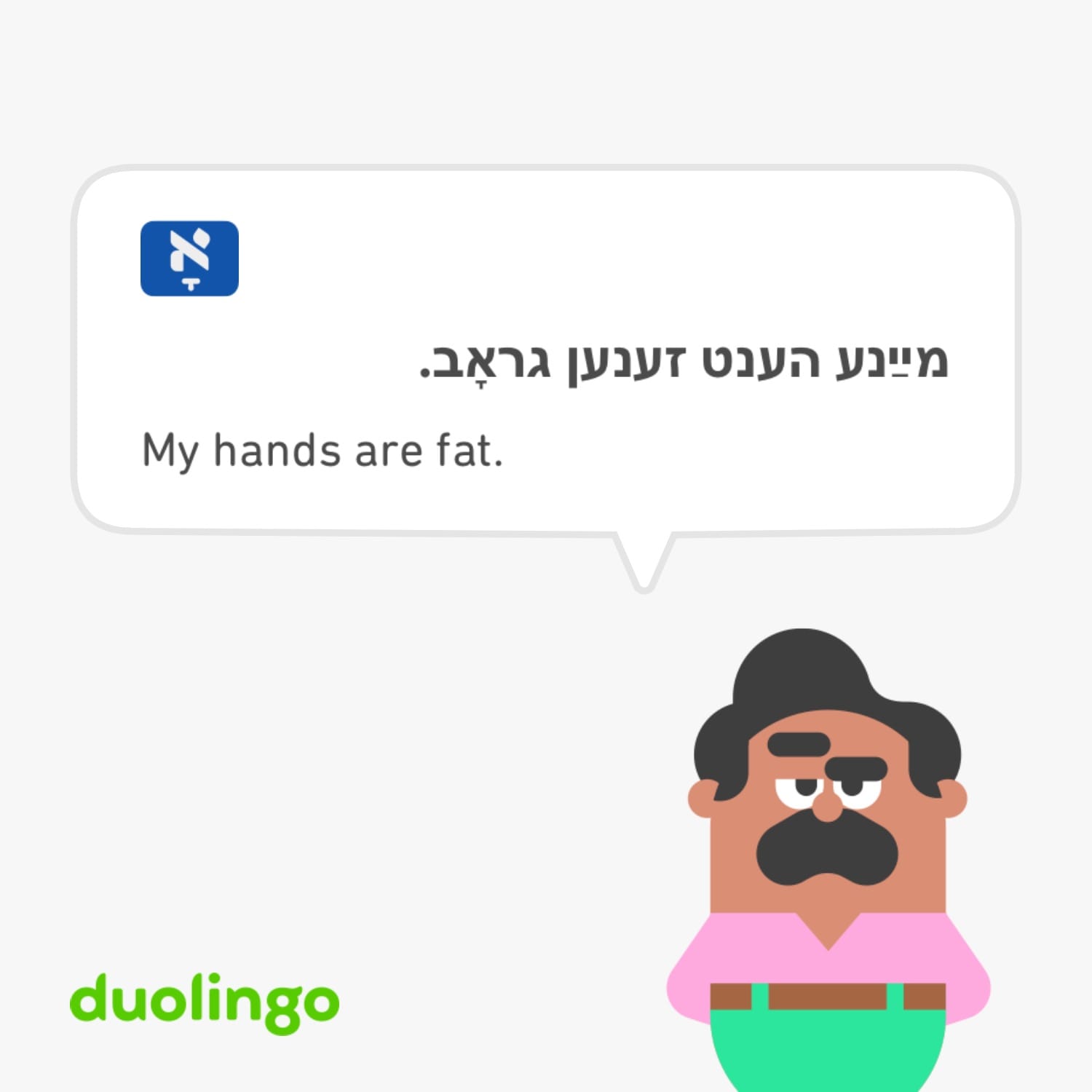
-30-










